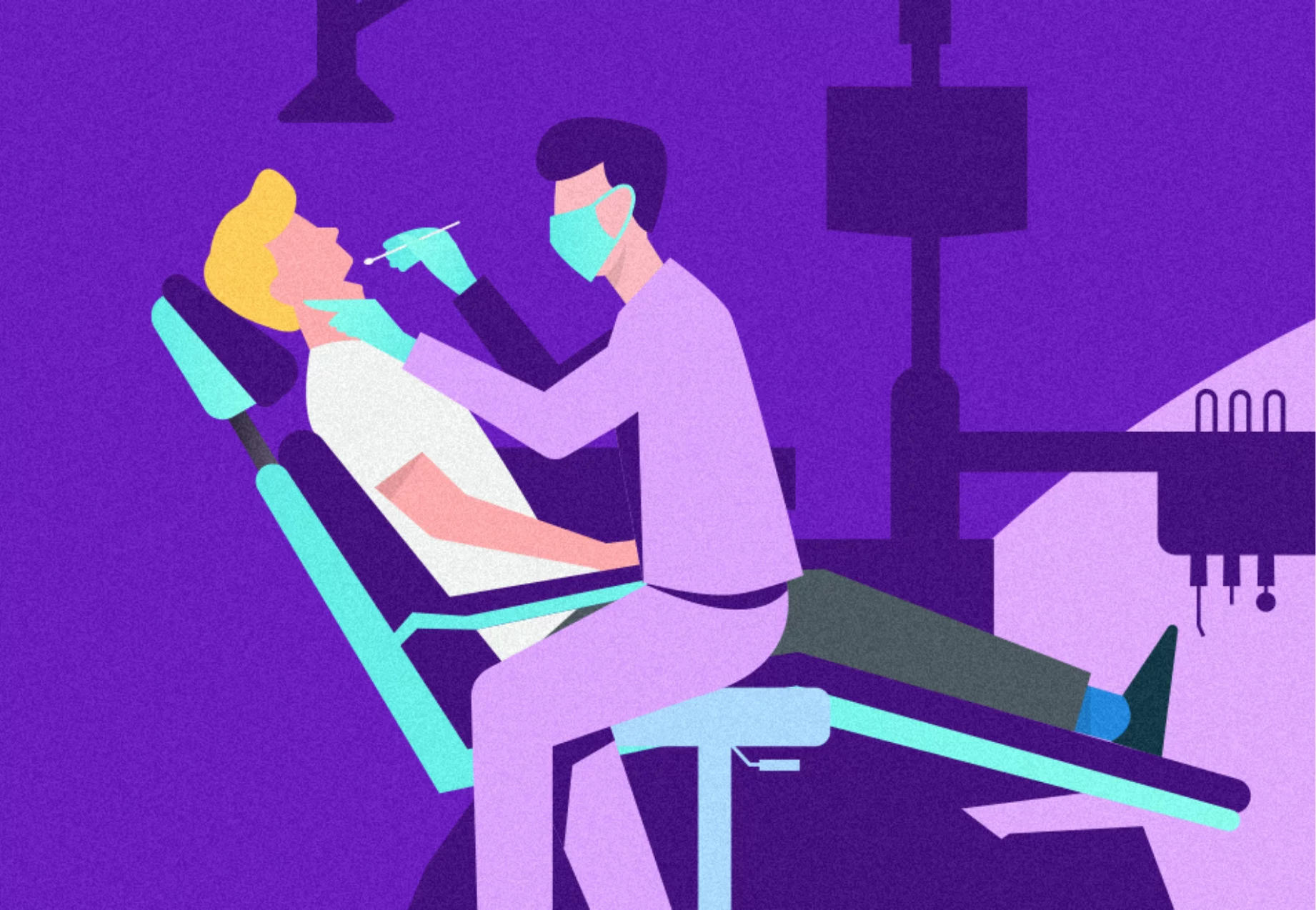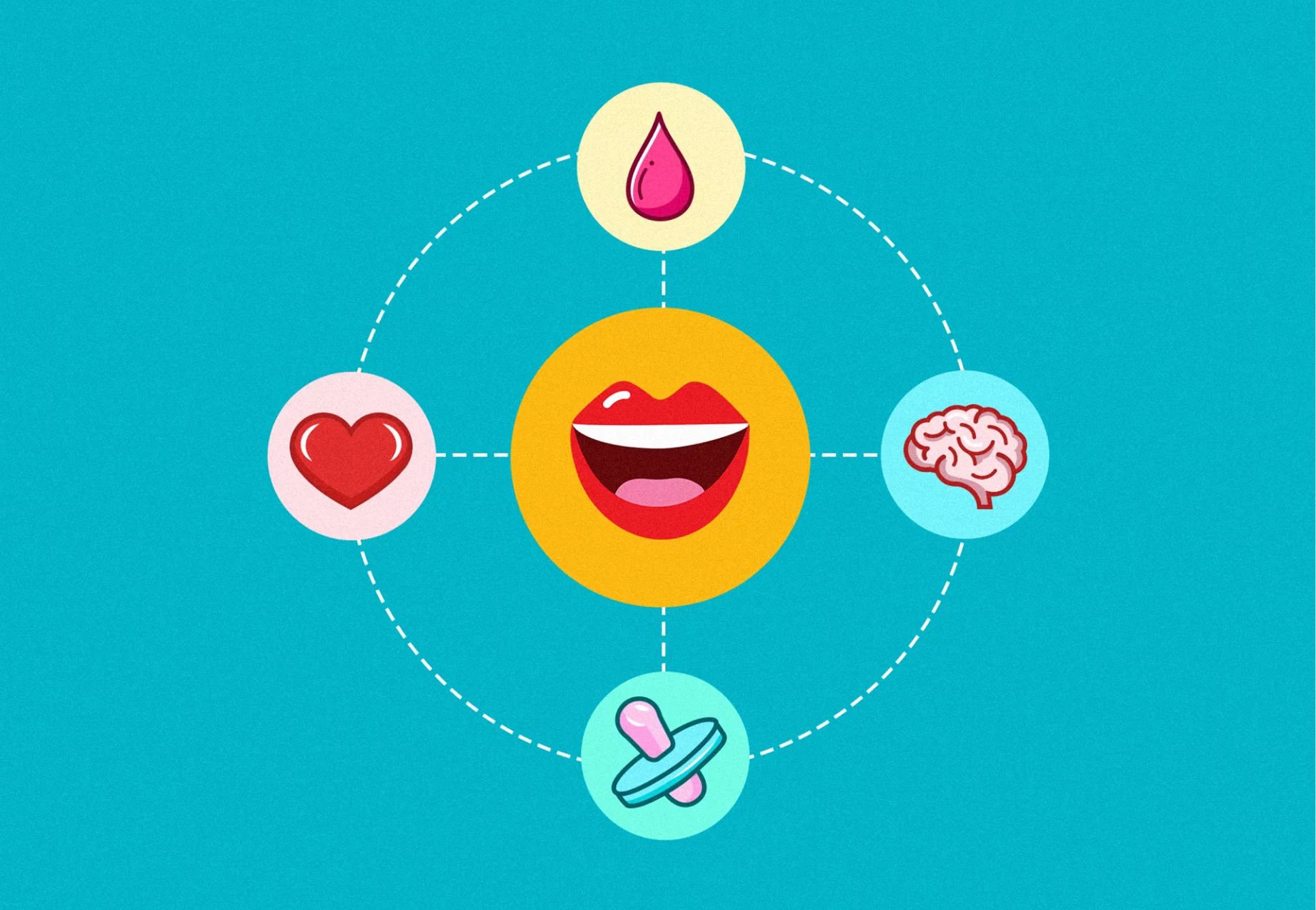Better oral care and treatment may help eliminate cancer-causing microbes in the mouth.
(Did you floss today? Just checking.)
Featured Articles
When we fail to look after our oral health, we put ourselves at risk of missing important signs for whole body health. Read the latest on The Mouth-Body Connection®.
Oral cancer kills more than 9,750 each year in the United States, or about one person per hour.
U.S. Dept. Of Veterans Affairs, 2021

Time To Get In The Know About Oral Cancer

Oral Cancer Treatment
Got questions?
Smile Generation-trusted dentists make understanding the Mouth-Body Connection simple. Call us at 1-800-SMILEGEN to get started.
No matter how long ago your cancer went into remission, there is always a chance that cancer can return. The risk of remission is greatest within the first two years, which is why it's so important to make regular follow-up visits with your doctors so they can monitor for signs that the cancer has returned. Oral cancer patients can also develop a second form of cancer, both during treatment for oral cancer and afterward.
Learn more in our blog article, "Oral Cancer Treatment."
There are several common treatments to remove oral cancer that may be used depending on its location and stage as well as other factors:
- Surgery to remove the tumor from the body
- Radiation therapy using beams of high energy to kill cancer cells
- Chemotherapy using chemicals to kill cancer cells
- Targeted drug therapy using medication that binds with cancer cells to hinder their growth
- Immunotherapy using the body's natural immune system to fight the cancer
Learn more in our blog article, "Oral Cancer Treatment."
Because it is not always noticeable whether a person has oral cancer, it is vital to have a regular cancer screening to ensure there are no forms of oral cancer inside the mouth. Some routine dental checkups include this exam, but not all dentists do. Therefore, it is important to ask your dentist about the exam. You will know if your dentist is performing an oral cancer screening because they should thoroughly check the tissues, gums, and tongue. This exam also includes your ears, nose, neck, and head in some cases.
Learn more in our blog article, "Oral Cancer Screenings: Cost and Steps."
The cost to treat oral cancer will vary depending on a wide range of factors, including:
- The type of cancer treatment
- The length of your treatment
- Where you're receiving treatment
- What kind of health insurance you have
- Whether you have supplemental insurance
Learn more in our blog article, "Oral Cancer Treatment."











